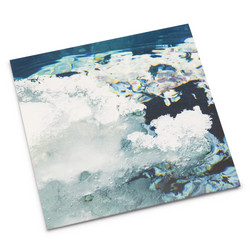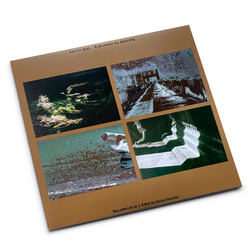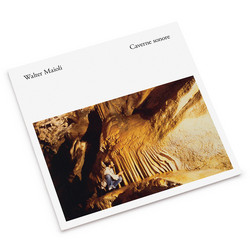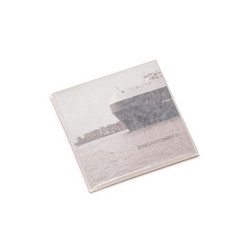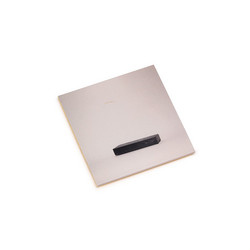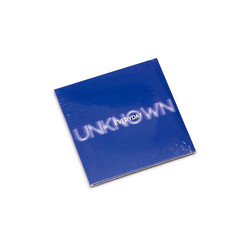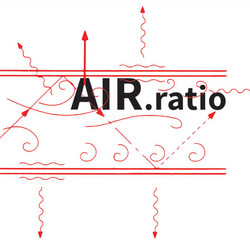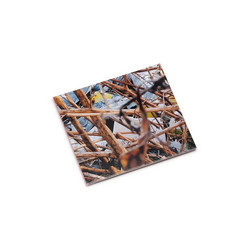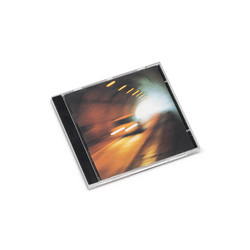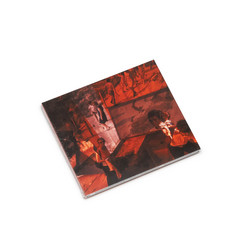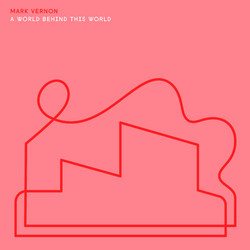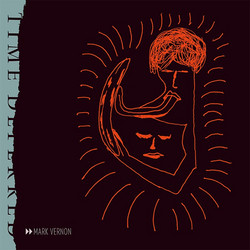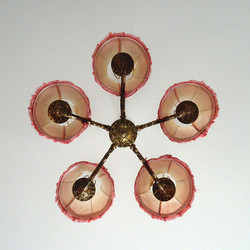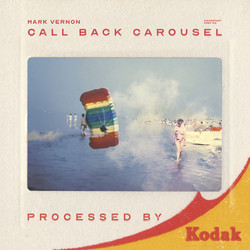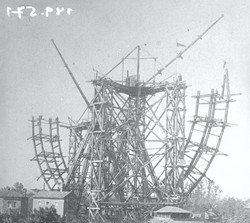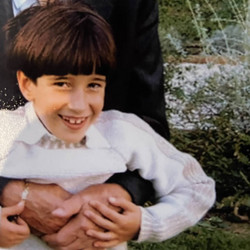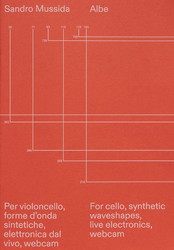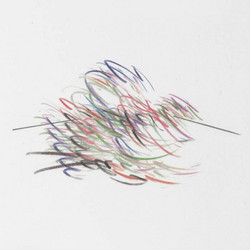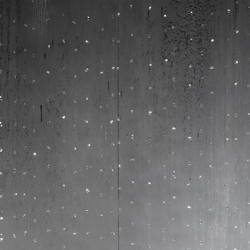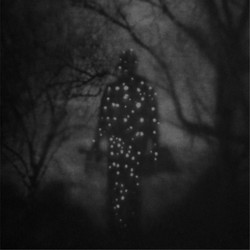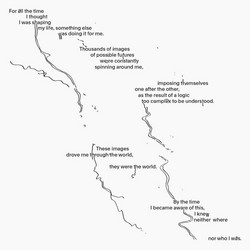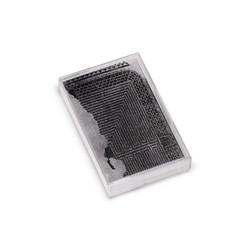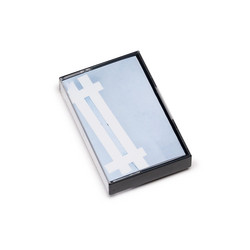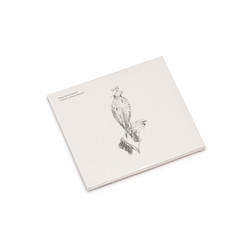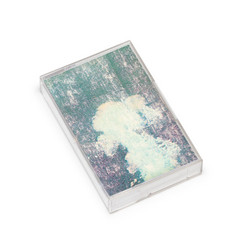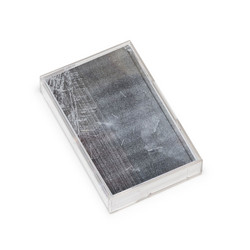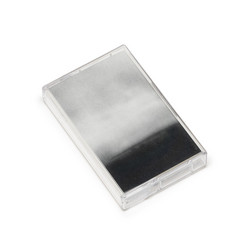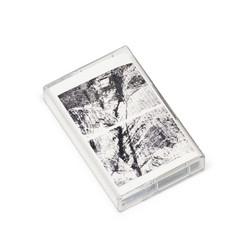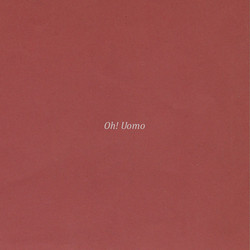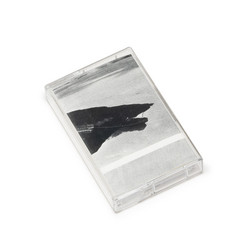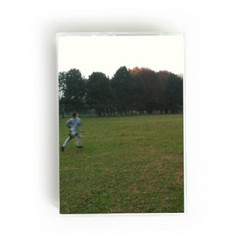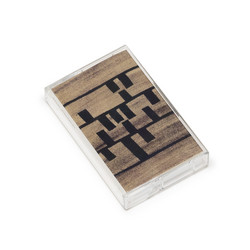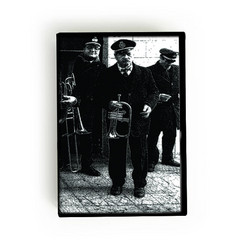1
Edition of 100. Magneto Mori is an exploration of tape recording as a form of memory storage. In this iteration the location is the Irish mountain town of Kilfinane. Using a portable reel to reel tape recorder sounds from around the town were recorded onto the first side of the tape over a two day period – dripping rain, creaky gates, car mechanics, drainpipes, shops, church bells, refrigerator cabinets, wind blowing through the trees, passing traffic, etc. were just some of the sounds encountered.
On the second side were compiled voices of Kilfinane - extracts from the personal radio archives of Diarmuid McIntyre and Grey Heron Media that date back as far as twenty years or more. The recordings selected consisted mostly of local history, coverage of community events, news stories of local interest and interviews with a variety of Kilfinane residents.
Using tape as an analogy for human memory this tape was then cut into pieces of random length, freeing the sounds from their linear, chronological sequence. The tape cuttings were then intermingled with a collection of magnets that de-magnetise (thus erasing) portions of the tape. The tape (along with the magnets) was then buried in a hole in the grounds of the local school. After several days steeped in the earth of Kilfinane the remaining audio fragments were exhumed. Dirty, mangled and partially erased the tape was washed, dried and spliced back together in a random order ready for playback.
This process of recording, emancipation from chronology, burial, erasure over time, unearthing and the reassembly of jumbled fragments for playback parallels the operation of memory and recall. Experience, retention, buried memories, forgetting, distortions, recall and chronological inaccuracies are all aspects of the human memory process. The main difference being that our memory is selective and plays an active role in what it chooses to remember or forget rather than the arbitrary procedures that are in operation here.
Mark Vernon is a Glasgow-based artist whose work exists on the fringes of sound art, music and broadcasting. At the core of his practice lies a fascination with the intimacy of the radio voice, environmental sound, obsolete media and the re-appropriation of found recordings. He incorporates these diverse elements into radiophonic compositions for broadcast, fixed media and live performances.
On the second side were compiled voices of Kilfinane - extracts from the personal radio archives of Diarmuid McIntyre and Grey Heron Media that date back as far as twenty years or more. The recordings selected consisted mostly of local history, coverage of community events, news stories of local interest and interviews with a variety of Kilfinane residents.
Using tape as an analogy for human memory this tape was then cut into pieces of random length, freeing the sounds from their linear, chronological sequence. The tape cuttings were then intermingled with a collection of magnets that de-magnetise (thus erasing) portions of the tape. The tape (along with the magnets) was then buried in a hole in the grounds of the local school. After several days steeped in the earth of Kilfinane the remaining audio fragments were exhumed. Dirty, mangled and partially erased the tape was washed, dried and spliced back together in a random order ready for playback.
This process of recording, emancipation from chronology, burial, erasure over time, unearthing and the reassembly of jumbled fragments for playback parallels the operation of memory and recall. Experience, retention, buried memories, forgetting, distortions, recall and chronological inaccuracies are all aspects of the human memory process. The main difference being that our memory is selective and plays an active role in what it chooses to remember or forget rather than the arbitrary procedures that are in operation here.
Mark Vernon is a Glasgow-based artist whose work exists on the fringes of sound art, music and broadcasting. At the core of his practice lies a fascination with the intimacy of the radio voice, environmental sound, obsolete media and the re-appropriation of found recordings. He incorporates these diverse elements into radiophonic compositions for broadcast, fixed media and live performances.
Details
